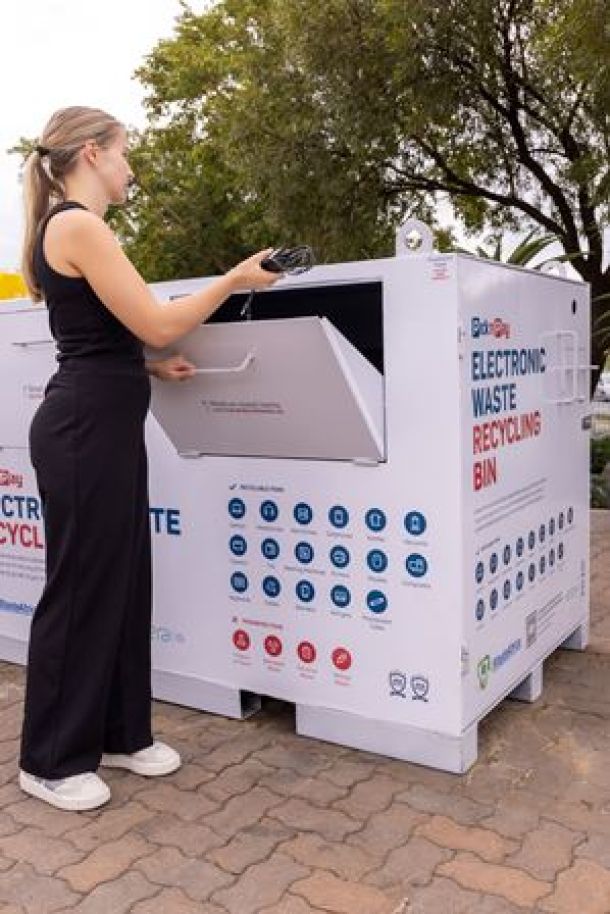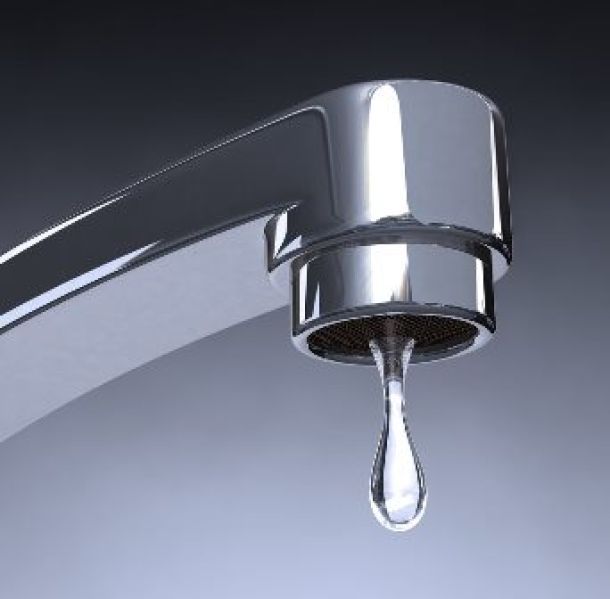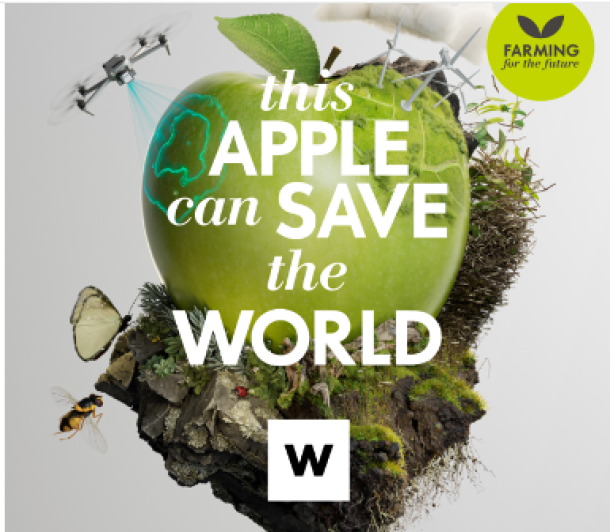Recycling stats show South Africa is playing its part
When traveling around South Africa – be it in urban or rural areas – it is often said tongue-in-cheek, that South Africa’s national flower is the plastic bag.
Are we really that bad and are we doing something about it? According to the latest South African recycling statistics released by Plastics/SA, the country has a dynamic and well-supported recycling industry which is improving year-on-year.
According to Anton Hanekom, Executive Director at Plastics/SA despite the struggling national economy and increased electricity tariffs to shifts in waste regulations and industry strike action, the recycling and plastics industry in 2018 (the year surveyed), great strides were made including:
- Plastics bags manufacturers removed fillers to produce bags that are fully recyclable.
- In addition, 100% certified recycled plastic material is now used to produce some carrier bags. This creates an end-market for recycled plastic products and helps to reduce waste to landfill.
- by ensuring that the products the plastics industry creates become part of a circular economy, they create a win-win situation for the environment and for the industry that employs 60 000 people.
Key findings of the 2018 Recycling Survey are:
- More than 519,370 tonnes of plastics waste was collected for recycling.
- 46.3% of plastics waste was collected for recycling, making South Africa one of the best mechanical recyclers in the world.
- Growth in plastics recycling – 6.7% more than the previous year.
- 352,000 tonnes of new recycled plastic raw material was manufactured to complement virgin polymer in South Africa, a 12.2% increase year-on-year.
- Recycled tonnages grew 64% and virgin polymer 21% since 2009.
- The number of plastics that were recycled in South Africa during 2018 alone saved enough oil to fuel 200,000 cars for one year – traveling 30,000km/annum.
- Plastics recycling saved 246,000 tonnes of CO2 (the equivalent emissions of 51,200 cars – in the same year.
- South Africa has 300 active recyclers of which 20% were doing 70% of the tonnages reported.
• The plastics recycling industry provided direct employment to more than 7,800 people and created further 58,500 income-generating jobs. - R2.3bn was injected into the informal sector through the purchasing of recyclable plastics waste.
- 70% of all recyclable materials originated from landfills and other post-consumer sources.
- 34% of South Africans do not have access to regular waste removal.

Amount of plastic recycled in SA during 2018 vs amount of plastic waste exported

Amount of job sustained through plastics recycling in SA
Looking ahead: Recommendations
In order to ensure that the value of plastics is repeatedly harvested and that a sustainable, growing circular economy is developed, Plastics|SA has made the following recommendations:
- Improve South Africa’s waste infrastructure. Used plastics need to be collected and removed from the environment. An adequate waste management infrastructure (that is able to deal with recyclable as well as non- recyclable waste) must be developed and put in place at municipalities around the country.
- Reduce contaminants in the waste stream. Plastics recycling can continue to grow through a collaborative effort to reduce the contaminants in the incoming waste stream, e.g. compostable and biodegradable material.
- Provide assistance to recyclers in terms of challenges within their recycling operations.
- Develop alternatives for difficult-to-recycle plastics. There are certain materials and plastic products that are not economically viable to collect, transport or recycle. Solutions need to be developed for these difficult-to-recycle materials.
Designing plastic packaging and other products with recyclability in mind and gaining access to good quality recyclable materials before they end up in landfill, continue to be the top priorities that drive the future strategy of the plastics industry.
A South African Initiative to End Plastic Waste in the Environment was recently established. Representatives of the plastics and packaging industries, raw material suppliers, converters, brand owners, international fast-moving consumer goods companies, recyclers, and environmental organizations are developing a workable, local plan that fits the South African context and our particular environmental, socio-political and economic realities.
“Recyclables are a valuable resource and should be removed from the solid waste stream before reaching landfill where they become contaminated and extraction costly. Similarly, stakeholders have to work together to manufacture locally, process efficiently and manage the end-of-life products so that they benefit the consumer, the industry and the planet,” Hanekom concludes.
Visit Plastic SA for more information
News Category
- International retailers
- On the move
- Awards and achievements
- Legislation
- Wine and liquor
- Africa
- Going green
- Supplier news
- Research tools
- Retailer trading results
- Supply chain
- Innovation and technology
- Economic factors
- Crime and security
- Store Openings
- Marketing and Promotions
- Social Responsibility
- Brand Press Office
Related Articles

Pick n pay upcycles air-conditioning systems, s...

Shoprite Group opens pathways to job opportunit...

Pick n Pay empowers shoppers in the fight again...

Massmart implements early leak detection techno...



